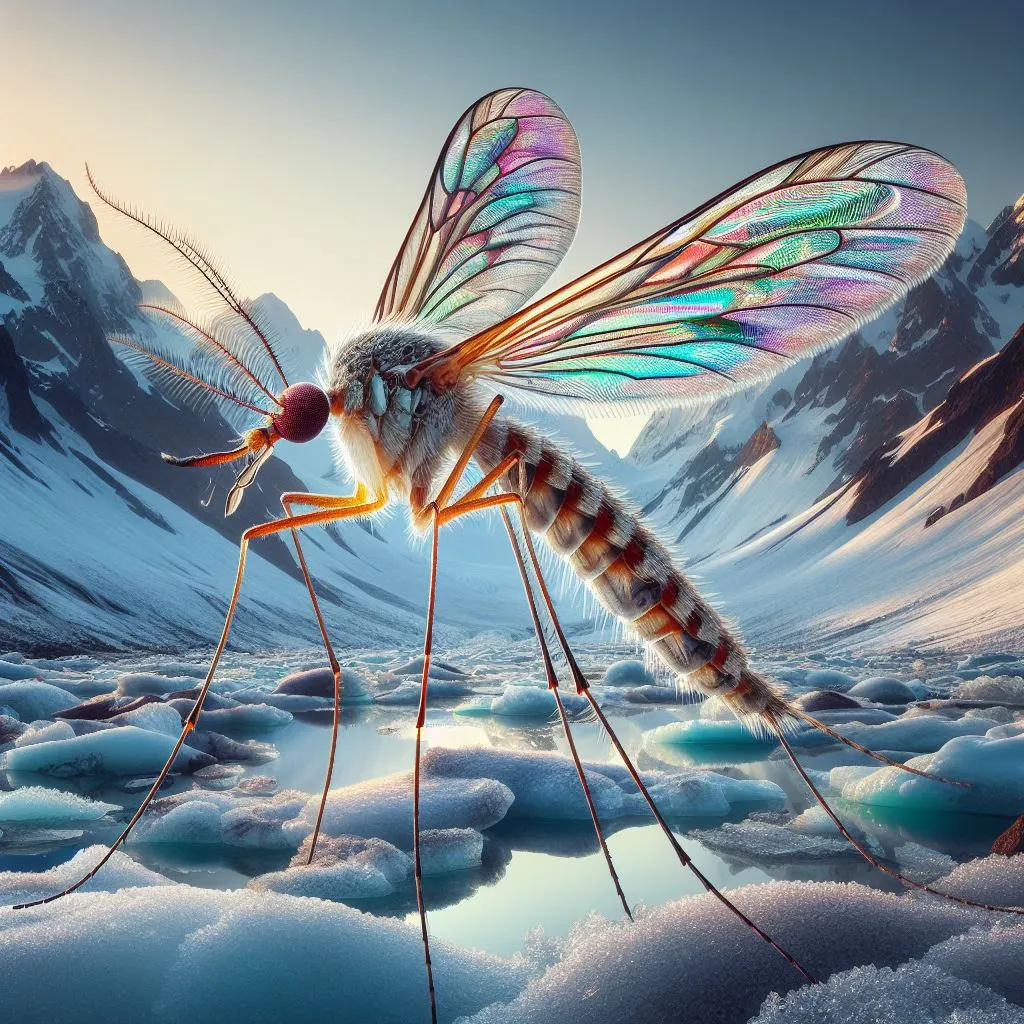What is Alaskan Mosquito? Expert’s Insights
As the sun dips below the Alaskan horizon, a familiar hum fills the air—the relentless buzz of mosquitoes and biting flies. These tiny tormentors are more than mere nuisances; they’re vectors of disease and discomfort.
Alaska Mosquito and Biting Fly Pest Control Manual, guided by the wisdom of seasoned exterminators.

1. The Mosquito Saga: A Frozen Battle
- Most people are familiar with the appearance of mosquitoes and the itchy bumps caused by their bites. But here in Alaska, it’s a different ballgame. Our winters, with their limited snowpack, play a crucial role. You see, these hibernating insects freeze and die off. But when snowfall is sparse, they persist. It’s like a survival thriller—’The Mosquitoes That Wouldn’t Freeze.
- Insight: Alaska’s unique climate shapes mosquito populations. Cold winters thin the ranks, but mild ones allow these bloodsuckers to endure.
2. The Mating Dance and Egg-Laying Extravaganza
- Both male and female mosquitoes feed on plant nectars. But only the females are capable of taking a blood meal. Why? Well, it ensures larger egg clutches. A single female mosquito may lay up to 3,000 eggs, with up to 80 percent hatching. It’s a reproductive frenzy out there.
- Insight: Mosquitoes are prolific breeders. Their egg-laying prowess fuels their population explosion.
3. The Four Horseflies of the Apocalypse
- Let’s talk biting flies. Flies come in all shapes and sizes, but four main types haunt Alaskans: black flies, no-see-ums, stable flies, and horseflies. Each has its own life stages, behaviors, and damage potential. Identifying the species is key to effective control.
- Insight: Knowing your enemy matters. Different flies require tailored strategies.
4. The Chemical Arsenal: Adulticides and Fogging
- When it comes to biting fly and mosquito control, we wield adulticides. These include organophosphates, natural pyrethrins, and synthetic pyrethroids. We deploy small power misters or handheld foggers to clear outdoor areas. It’s like a temporary force field against the winged invaders.
- Insight: Fogging buys us a few hours of respite. But it’s a delicate dance—balancing effectiveness with environmental impact.
5. The Dance of the Misters: Discouraging Residential Use
- Residential misters? Not my favorite move. They’re discouraged. Sure, they disperse insecticides, but they can also harm beneficial insects. Plus, the smell—let’s just say it’s not Chanel No. 5.
- Insight: Misters have their place, but we tread carefully. Residential misters need precautions.


